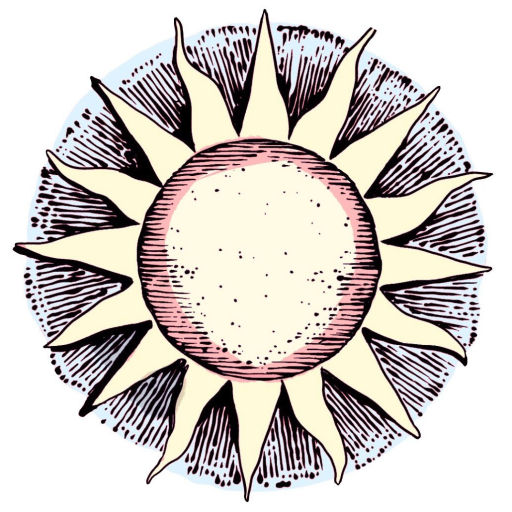The men who wore their belts in Denver take them off in Lester, slurring guts out over their pants as we huddle, together, at the gas station. I keep my helmet on. The people in this town are sick and I don’t want to be recognized before I’m ready.
A man on the street compliments my rabbit. The man is not sarcastic. He’s not confused. To him, Hector is a thing worth seeing. Lester has changed in a way that makes the locals uncomfortable. It’s become a cleaner, more coherent place like I’ve become a cleaner, more coherent person. The city produces the sort of man that seeks out sideshows.
The museum is a small historic building. I show Hector the room where our class made little sculptures. Only a few remain. Joey Ford’s is there. Joey Ford had a heart murmur, same as his high school girlfriend. They were the talk of the school, their turbulent blood and nearness to death.
He’s misspelled his name.
There are two pieces of twisted glass in a case at the museum, one from each of the city’s historic fires. The first is a settler’s whiskey bottle. The second is a bowl from Joey Ford’s kitchen. Joey Ford owns a brick in the new amphitheater. He’s planted a tree in the park.
Our server at the local dive is fit and hip and kind, the way I hoped I’d be once I moved away. I wonder what would bring a man like that to Lester. At the end of the meal, he asks if I’m from Lester myself, from school- a courtesy because he clearly already knows. He’s cooked my food. He will clean my plates. He has become the man I hoped to be in the place that seemed unlikely to produce good men. We hug, his heart stammering against my chest.
I tell him: I can’t believe you remembered me.
-traveler
